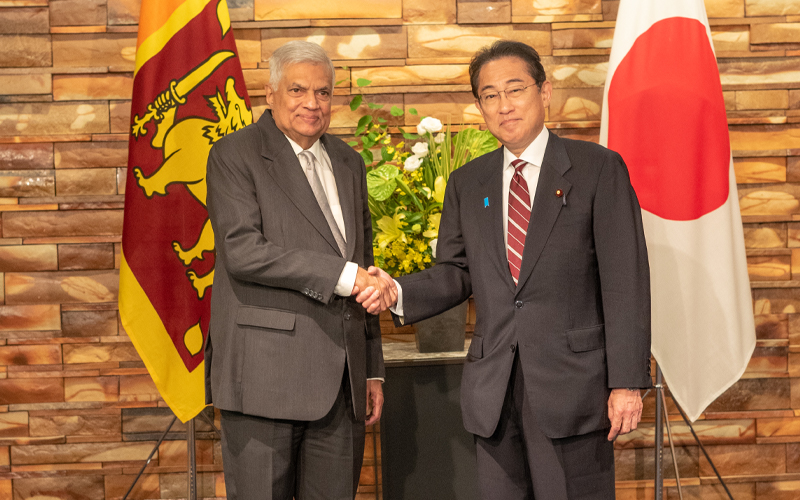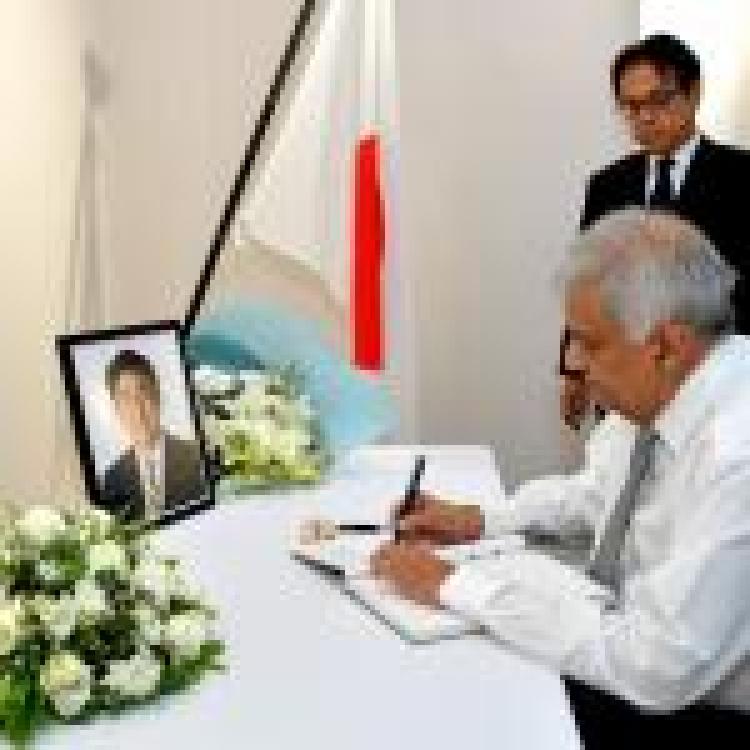
Last week Sri Lanka’s President, Ranil Wickremesinghe, met with Japan’s Prime Minister Fumio Kishida, and apologised for Sri Lanka’s unilateral withdrawal from an agreed Light Rail Transit (LRT) project and to discuss expanding bilateral projects.
Speaking at a separate round table on “Sri Lanka’s Economic Revival & Opportunities for Japanese Enterprise”, Wickremesinghe maintained his focus on stabiling and liberalising the country’s economy whilst actively inviting new foreign ventures.
Japan's leader reportedly emphasised the importance of “transparent and fair” debt restructuring and warned against Chinese debt-diplomacy.
The Sri Lankan leader also met with Japanese Finance Minister Shunichi Suzuki to discuss Sri Lanka’s debt restructuring and the International Monetary Fund’s program as well as Japan’s Foreign Minister Mr. Yoshimasa Hayashi to discuss strengthening bilateral relations.
These meetings follow a low point in Sri Lankan-Japanese relations in which former President Rajapaksa unilaterally withdrew from the LRT after the country had secured in March 2019 a Japanese soft loan of US$ 1.86 billion for the construction of this project.

